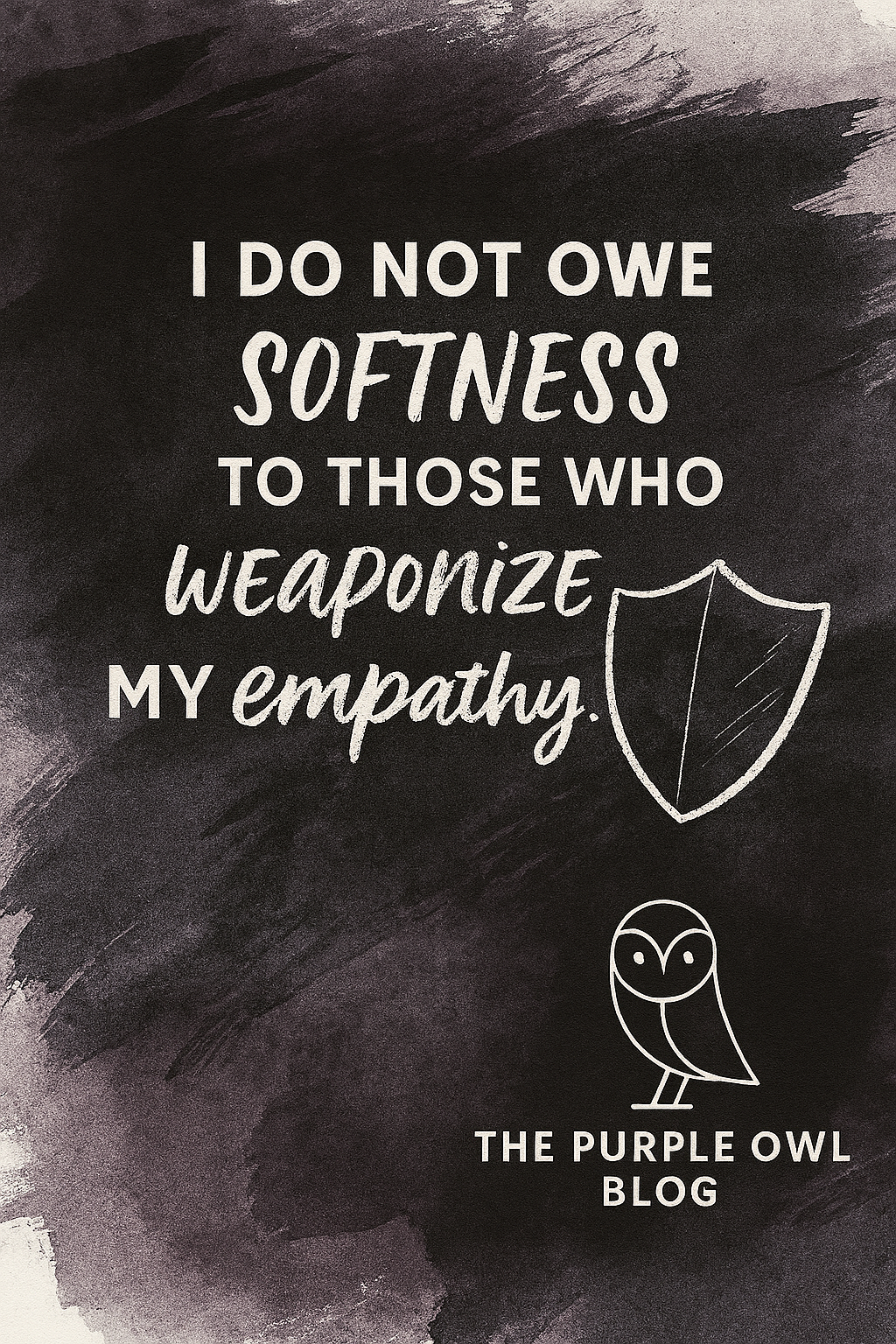🥇 Gaslighting vs. Narcissism: Emotional Olympics Event 1, Sponsored by Red Flags
Gaslighting and narcissism often go hand in hand — but they’re not the same sport. This post breaks down the emotional tactics behind each and helps you take inventory of your truth. Includes gentle affiliate links for online therapy and a cozy toolkit to rebuild trust.

Gaslighting and narcissism often show up together — like toxic teammates in the Emotional Olympics. But they’re not the same sport. One makes you question your reality. The other makes you feel like you don’t deserve one.
If you’ve ever walked away from a conversation wondering, “Am I the problem?” — this post is for you. If you want to read more about it, check out this book, "The Gaslight Effect".
🔍 What’s the Difference Between Gaslighting and Narcissism?
Gaslighting and narcissism often show up together, but they’re not the same thing.
Here’s how to tell them apart:
- Narcissism is about controlling through superiority. They act like they're always right, shift blame, and show little to no empathy.
- Gaslighting is about controlling someone through confusion. The person denies things that happened, twists your words, and makes you question your memory.
- When you're being gaslit, you might hear things like:
* "You're overreacting" or "That never happened." - When you're dealing with a narcissist, it's more like:
* "You're lucky I even talk to you" or "You're the problem." - The impact is different too:
* Gaslighting makes you doubt your reality.
* Narcissism makes you feel small, unheard, and emotionally drained.
🧾 Take Inventory: The Conversation Gut-Check
Ask yourself these questions about your interactions:
- Did I ever feel validated?
- Did I ever feel heard?
- Was I ever taken seriously?
- Was my sense of truth distorted in the end?
- Do I make excuses for them even after "resolution"?
- Am I rewriting history in my head to make it make sense?
If you answered “no” to more than three, you might be dealing with a narcissist — not just someone who gaslights occasionally.
Why It Matters
Gaslighting can happen in many relationships — romantic, parental, professional. But when it’s paired with narcissism, it becomes a pattern of emotional erosion.
You start doubting your instincts, your memory, your tone of voice.
You start apologizing for things you didn’t do.
You start feeling like you’re too sensitive, too needy, too much.
And that’s not love. That’s survival.
If you’re starting to question your reality or feel emotionally drained after every interaction, talking to a licensed therapist can help you rebuild your inner compass. I’ve partnered with Online Therapy — a cozy, flexible platform that meets you where you are. You can explore it here if it feels right for you.
💜 What You Can Do
- Journal your conversations – yes, receipts help! I love this journal.
- Talk to someone who validates your reality
- Use tools like the Trust Again Toolkit to rebuild your inner compass
- Remember: You're not too sensitive, you're just finally listening to yourself.
🪶 Gentle Reminder
You’re allowed to take up space.
You’re allowed to ask for clarity.
You’re allowed to say, “That didn’t feel okay.”
And if someone consistently makes you feel small, confused, or crazy — it’s not your fault. It’s a pattern. And you’re allowed to break it. In fact, you NEED to break it and start healing and know that I'll be so damn proud of you when you do! I wanna hear about it in the comments below!
📥 Want support rebuilding your sense of trust?
Download the Trust Again Toolkit — a cozy, validating resource to help you reconnect with your truth.
Plus, if you’re ready to talk to someone who actually listens, I recommend Online Therapy. It’s online, flexible, and designed to support you — not gaslight you.
And if this post resonated, share it with someone who might need to hear:
"You’re not alone. You’re just finally waking up.”
Some of these links are affiliate links, which means I may earn a small commission — at no extra cost to you. I only share what I truly believe supports healing.
